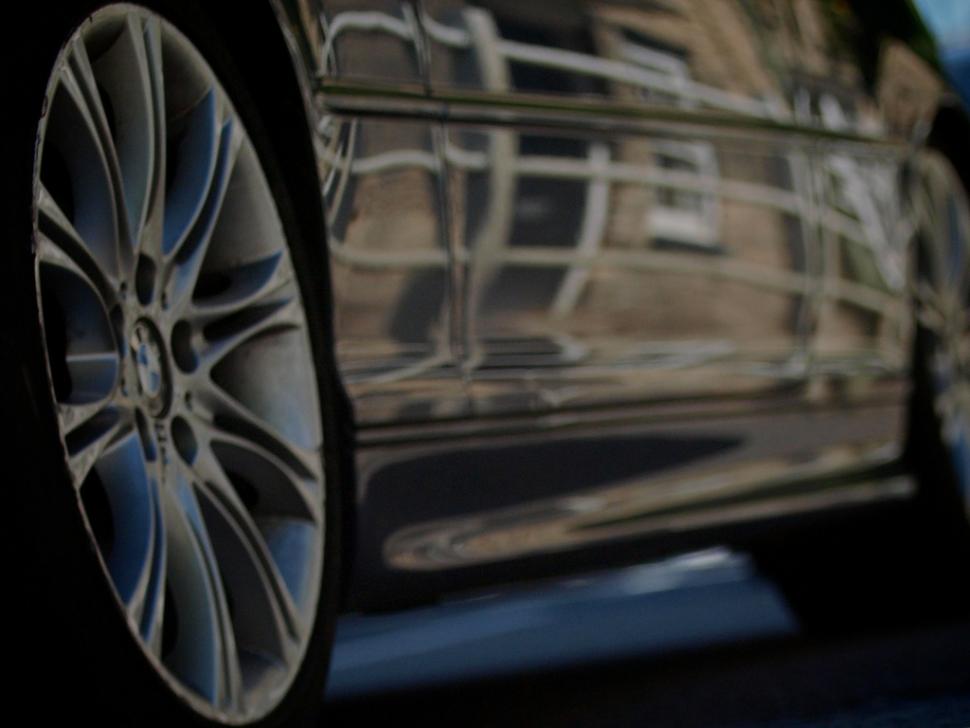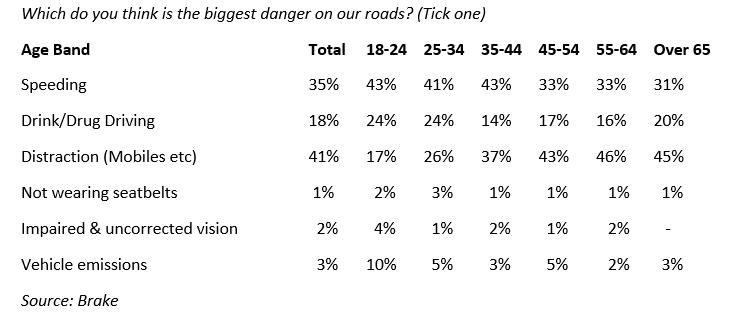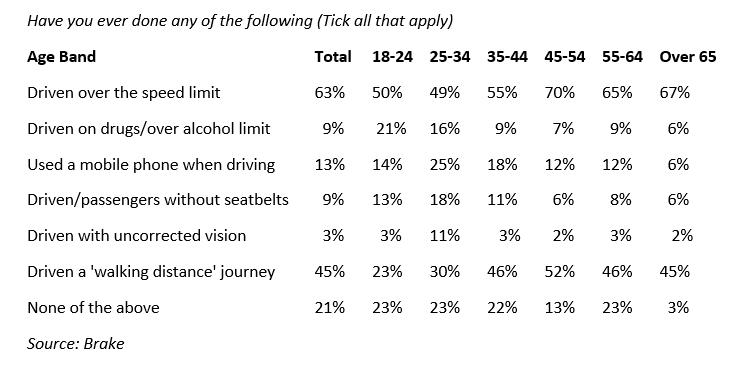- News
- Reviews
- Bikes
- Accessories
- Accessories - misc
- Computer mounts
- Bags
- Bar ends
- Bike bags & cases
- Bottle cages
- Bottles
- Cameras
- Car racks
- Child seats
- Computers
- Glasses
- GPS units
- Helmets
- Lights - front
- Lights - rear
- Lights - sets
- Locks
- Mirrors
- Mudguards
- Racks
- Pumps & CO2 inflators
- Puncture kits
- Reflectives
- Smart watches
- Stands and racks
- Trailers
- Clothing
- Components
- Bar tape & grips
- Bottom brackets
- Brake & gear cables
- Brake & STI levers
- Brake pads & spares
- Brakes
- Cassettes & freewheels
- Chains
- Chainsets & chainrings
- Derailleurs - front
- Derailleurs - rear
- Forks
- Gear levers & shifters
- Groupsets
- Handlebars & extensions
- Headsets
- Hubs
- Inner tubes
- Pedals
- Quick releases & skewers
- Saddles
- Seatposts
- Stems
- Wheels
- Tyres
- Health, fitness and nutrition
- Tools and workshop
- Miscellaneous
- Cross country mountain bikes
- Tubeless valves
- Buyers Guides
- Features
- Forum
- Recommends
- Podcast
 Car wheel at speed copyright Simon MacMichael.jpg
Car wheel at speed copyright Simon MacMichael.jpgSpeeding & driver distraction seen as biggest road dangers - but many admit to going too fast, or driving while distracted, survey finds
Drivers who speed or use smartphones are considered the biggest danger on Britain’s roads says a new survey – although there are big differences in how each is viewed, depending on the age of the person responding. The survey also finds most motorists admitting to having broken the speed limit, and a significant percentage saying they have let themselves be distracted while driving.
The survey, commissioned by the charity Brake, insurer Aviva and opticians Specsavers to coincide with the start today of National Road Safety Week, found that younger drivers were far less likely than older ones to consider distraction as the biggest threat to road safety, instead tending to highlight speeding.
Motorists aged 45 and over, by contrast, were more likely to pick distraction as the number one danger, and less likely to choose speeding.
In the survey of 1,000 people, drink/drug driving was seen as the third biggest danger across all age bands, other than the 18-24s who put it second ahead of distraction.
Failure to wear a seatbelt, impaired and uncorrected vision, and vehicle emissions were all chosen as the biggest danger by a handful of each age group – although younger people were particularly concerned about the latter.
Despite speeding being seen as the second biggest danger on the roads, almost two thirds of respondents agreed that they sometimes speed, with older drivers more likely to admit having done so.
Meanwhile 13 per cent, around one in eight, admitted to driving while distracted by using a mobile phone or other device, with these motorists more likely to be in the younger age groups.
“What drivers believe is the biggest threat, and the bad behaviours they engage in, don’t match up,” Brake noted.
“Older drivers are more likely to admit to speeding but say distraction is the biggest threat. Younger drivers are more likely to say they drive while distracted, and say speeding is the biggest danger.
“This is suggestive that people are inclined to think their own risky behaviour is not the most threatening: it’s someone else’s, different behaviour that is the problem.”
Gary Rae, director of communications and campaigns for Brake, commented: “Road Safety Week’s theme is action-orientated. Anyone can make and share the Brake Pledge – individuals, businesses and community organisations.
“Our survey shows that drivers are aware of the threat of risky behaviour by other drivers, but are inclined to play down the riskiness of their own behaviours.
“Everyone who drives has to step up and take responsibility. If every driver vowed to slow down, never drink alcohol or take drugs, never use their phones or other devices, always use seat belts and child restraints, drive when fit to do so, and minimise driving, then our roads would be safer places for everyone.”
Chief Constable Suzette Davenport, the National Police Chiefs' Council Lead for Roads Policing said: "In recent weeks police forces across the country have been running new and innovative operations to target some of the most dangerous motorist behaviours, including mobile phone use at the wheel.
> Police crack down on mobile phone drivers
“But this problem can't be solved without making people take responsibility for their actions while driving. We are delighted to support this Brake campaign and urge all road users to sign and share the Pledge, but also to think seriously about the promises you are making.
“We need to change attitudes because a few moments' distraction at the wheel can and does cost lives. This is about more than just identifying the problem – you have to think about what you are doing, and the risks you are taking.
“Don't put others in danger. Keep your hands on the wheel and your eyes on the road."
Despite a crackdown last week by police forces in England and Wales on motorists using mobile phones, official figures show that the number of drivers fined for the offence has plummeted over the past decade – the result of insufficient resources to enforce the law rather than increased compliance with it.
Simon joined road.cc as news editor in 2009 and is now the site’s community editor, acting as a link between the team producing the content and our readers. A law and languages graduate, published translator and former retail analyst, he has reported on issues as diverse as cycling-related court cases, anti-doping investigations, the latest developments in the bike industry and the sport’s biggest races. Now back in London full-time after 15 years living in Oxford and Cambridge, he loves cycling along the Thames but misses having his former riding buddy, Elodie the miniature schnauzer, in the basket in front of him.
Latest Comments
- auldain 5 sec ago
Halve the £15.49, and maybe, just maybe, I might consider staying.
- Dunnoeither 48 min 35 sec ago
My custom titanium frame from Waltly was 1150€ including shipping and customs. I can't see how this is supposed to be a money-no-object dream....
- chrisonabike 1 hour 32 sec ago
Oh, yeah... I'd forgotten the current attraction of the Farage Fringe - which is probably a big mistake. (The second mistake is giving them...
- Cycle Happy 1 hour 8 min ago
I've found the latest chilli tech rear light / camera combo to be excellent for the price. It is now £99, which I still think is good value, but I...
- chrisonabike 1 hour 11 min ago
If we kowtow to follow our partner in the Special Relationship we'll obviously realise that it would be betraying our great citizens if we let...
- hawkinspeter 1 hour 22 min ago
I don't agree with Aelisha about choosing Barton Hill due to it not being predominantly white. The area around Beaufort Rd is mainly white, I think...
- quiff 1 hour 29 min ago
Suspicion confirmed. To be clear though, the bit I was focusing on is "cars should have the same rights as people". Because that really can't be...
- Spangly Shiny 1 hour 33 min ago
Nah, failed to get in the compulsory helmet comment or the 'middle of the road' remark.
- the little onion 2 hours 24 min ago
I wish I did point the finger! Of course it was my fault for forcing them (via telepathy, I think. I'm not sure how you 'force' the driver behind...
- belugabob 2 hours 30 min ago
I have a B&M Ixon IQ on my commuter - it's is also STVZO compliant and very effective. If I stand at the end of my hallway and point it at the...


Add new comment
18 comments
Interesting that the item on the table which actually kills most people in the UK each year - vehicle emissions - is rated as a the lowest risk. The usual human tendency to neglect less tangible risks, I guess.
A man is driving home from work when he gets a call on his phone - hands free, natch. It's his wife, who says to him in a panicky voice "Be careful! It's all over the news that there's a driver going the wrong way down the motorway!" The man replies "It's not just one, they're all at it!"
There is always a very different outcome when you ask people what they do compared to what their actual behaviour. This kind of survey is highly unreliable, as is any based on self-reporting. Interesting but of very limited value.
“This is suggestive that people are inclined to think their own risky behaviour is not the most threatening: it’s someone else’s, different behaviour that is the problem.”
Isn't that a bit of a no-brainer? Unless you are generally a thrill seeker you have to be a bit simple to do what you think is most dangerous.
Personally, I'd have added the category: "Absolutely fucking useless drivers" (and no spinner98, I'm not referring to youngsters). The drivers who just don't know what they are doing wrong are far more dangerous than those doing 60 in a 50 in my opinion. Last week I (driving) was nearly broadsided at a mini roundabout; I then followed this idiot for about 2 miles. They stopped when they didn't need to and twice more, on two other roundabouts, went when they should have given way.
Everyone likes to have their 'out' group to blame for stuff. The survey just kind of demonstrates that sometimes your preferred 'out group' is a different age group/bracket to you and that's all.
I find these surveys odd - does anyone ever answer it and say "Yes, I think distracted driving is very dangerous; and yes, I do check my Facebook account on the motorway"?
You can see why participants in this survey were confused: none of the options placed the blame entirely on the activities of outgroups (unless you are a teetotaller with perfect vision.) It's like nobody at Brake has even read the Daily Mail. They must be liberal elitists.
Lots to be incredulous at. I was drawn to the apparent fact that 0% of the over 65s consider failing eyesight to be the biggest risk when this group must surely be acutely aware of the effect of losing their vision.
Ooh, I didn't see that bit.
To be fair, they might still think it's a big risk, just not THE biggest risk.
To be fairer still, they might not have been able to see the question.
And...
Only 6 - 8% of those over the age of 55yrs have ever driven without wearing a seatbelt? They weren't even a legal requirement when I started driving (well before 1983!) so maybe memory fades with the passing years.
Also surprised so few old'uns admit to having driven whilst under the influence, it was certainly less frowned upon 'back in the day'; maybe that's why the memory is fading!
Classic abuse directed towards young drivers, the people who drive most aggressively when I stick to the speed limit are old drivers. The people who brake aggressively and run red lights are older drivers. Young drivers make errors, but those are normally not concentrating (being idiots) while the older the driver is the more aggressive and knowledgeble they think they are and are therefore more likely to run me off the road when cycling/ driving
You are relying too much on your subjective, anecdotal experience when you classify older drivers as the worst.
If you want to know, rather than guess, which group is the dodgiest, ask the people who pay for the accidents - the insurance companies. Their rather neat explanation of the current situation is this: young drivers have about twice as many accidents as their numbers would suggest whilst older drivers have about half as many as might be expected.
And, to make things worse for the youthful, their accidents are much more expensive because excess speed is often a factor.
These figures go some way to explain why my grandson pays over £1500 to insure his old car while I am charged only £105 for my new one.
But fear not, one day you will be old too.
That seatbelt stat - bunch of liars. The amount of (what are clearly) 18-24 yr olds I see driving without just on my walk back from the station could fill a court for days.
Or the seatbelt is on, but the cross-strap is under their arm. What, because it's more hip? Twats.
I often notice drivers without seatbelts on or (oddly) with them seemingly "on" but actually just tucked behind them. Can only assume it's to trick the system in some modern cars that will bleep at you if you try driving without it on.
Although I tend ot think of not wearing a seatbelt as just pouring a bit of chlorine in the genepool. They are there to possibly save the life of the person driving in an accident so if you're not smart enough to wear one it's probably best you're splattered over your windscreen, hopefully before you can reproduce and pass on your stupid genes.....
Beat me to it MuddyGoose - those "admissions" are a load of nonsense.
35% ish of over 50s have never exceeded the speed limit? I did yesterday (briefly and by a small amount) and I'm as big a stickler for following road rules as you will find!
Only 45% say they have 'driven a walking distance journey'. That's nonsense for a start. The majority of the population do it all the time! Even I have from time to time and it's something that I particularly focus on not doing.
I don't believe those statistics one bit.
The EU referendum and US election proved polls are often wrong!
14% of 18-24yo admitted using a phone while driving... are they sure it wasn't 18% don't use a phone? I see young drivers on phones all the time, and 23% have never broken any of those laws?
The other age ranges are just as questionable. The problem with these polls and any public information on these sorts of subjects, is that the very people it should be targeting are the very people who don't respond. Let's face it, even James May aka Captain Slow got caught speeding!
Unless close to 100% of drivers respond, and answer truthfully, you won't be able to trust those numbers.